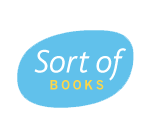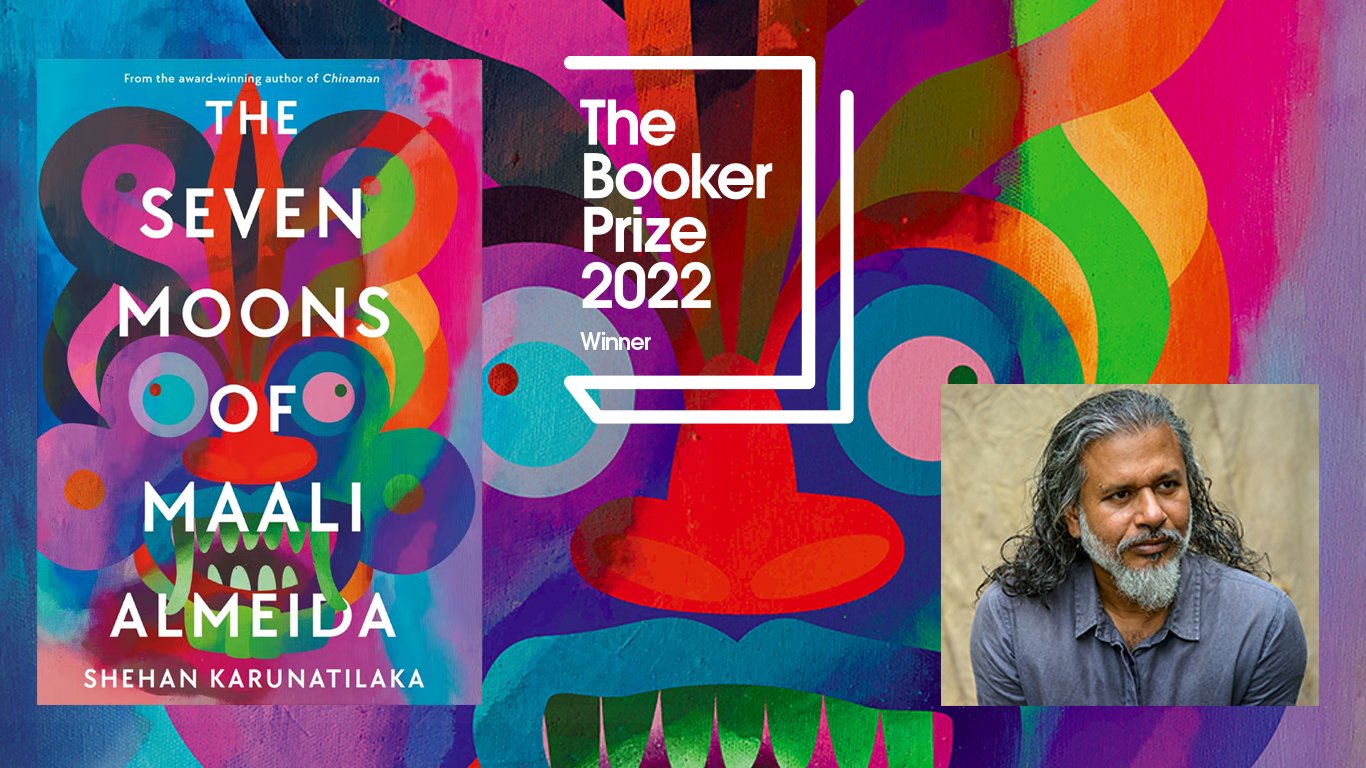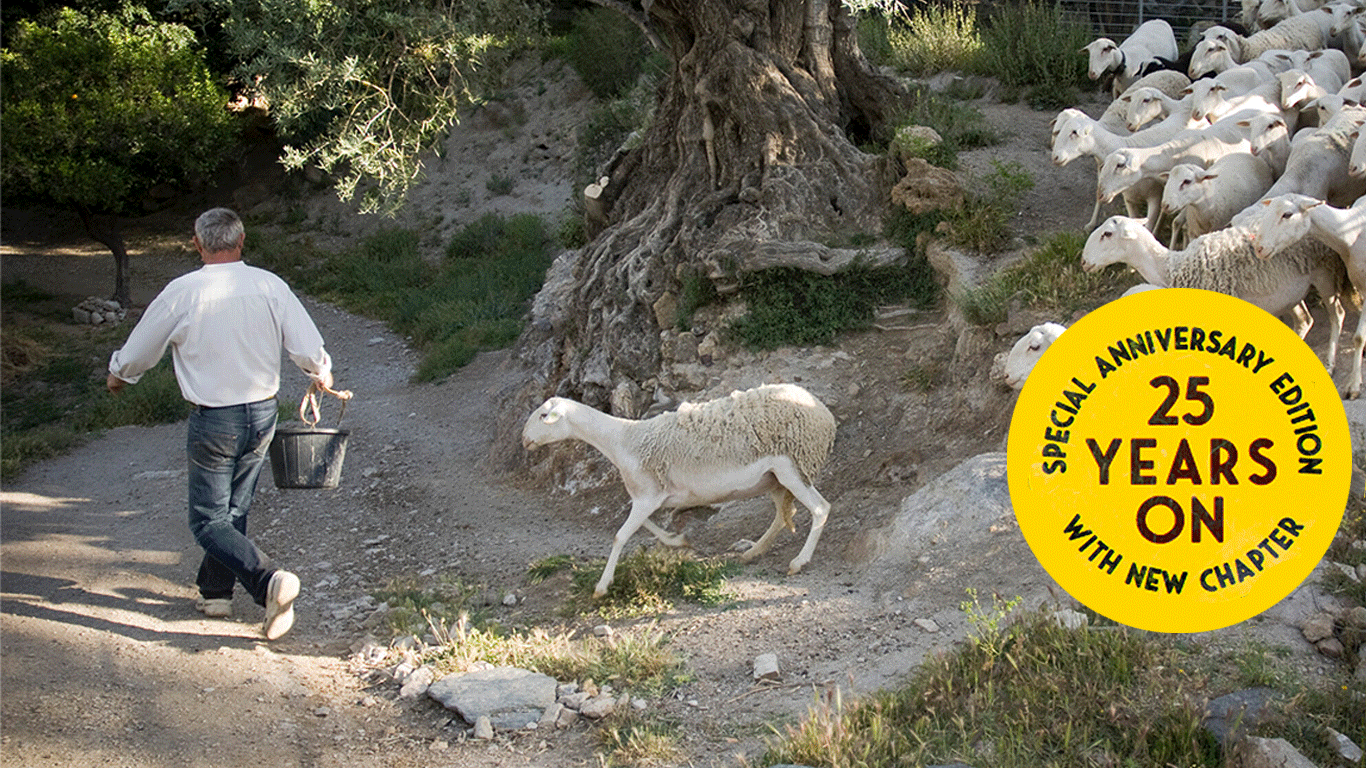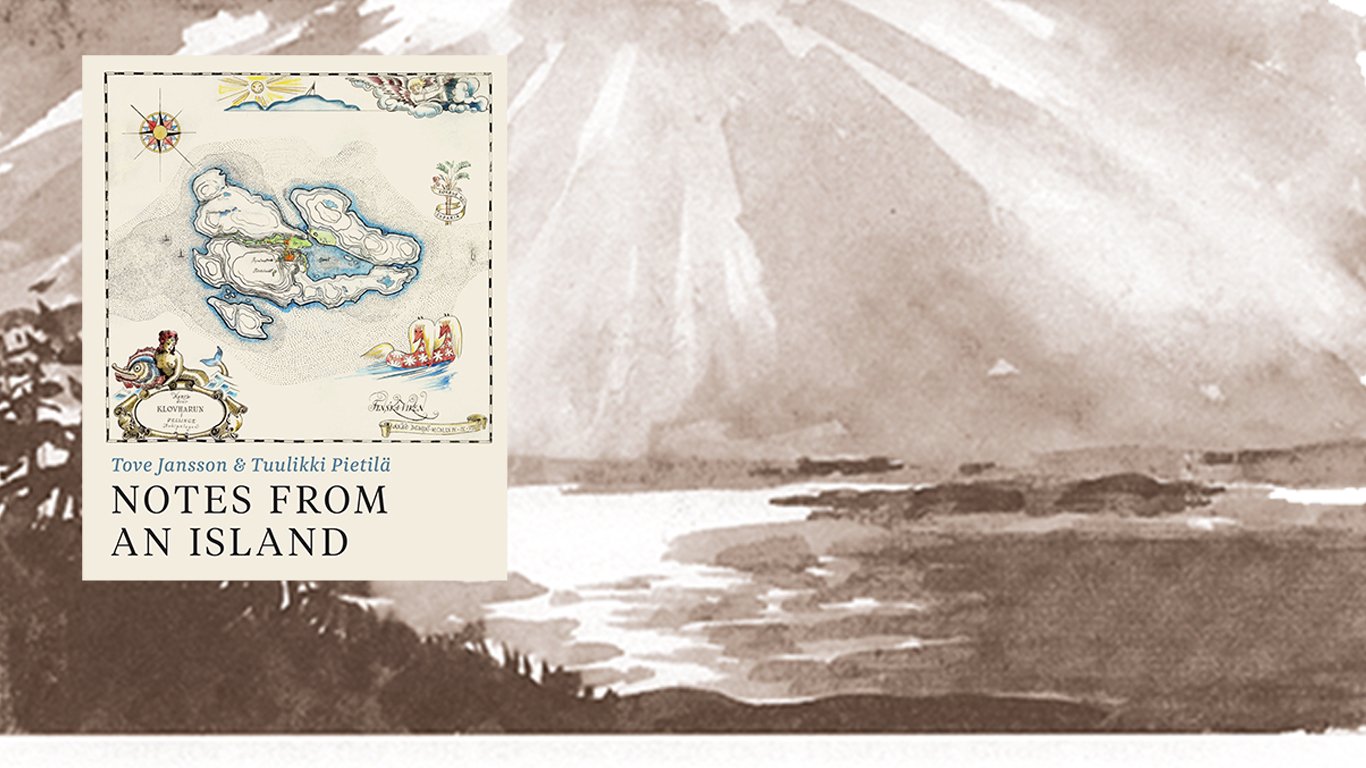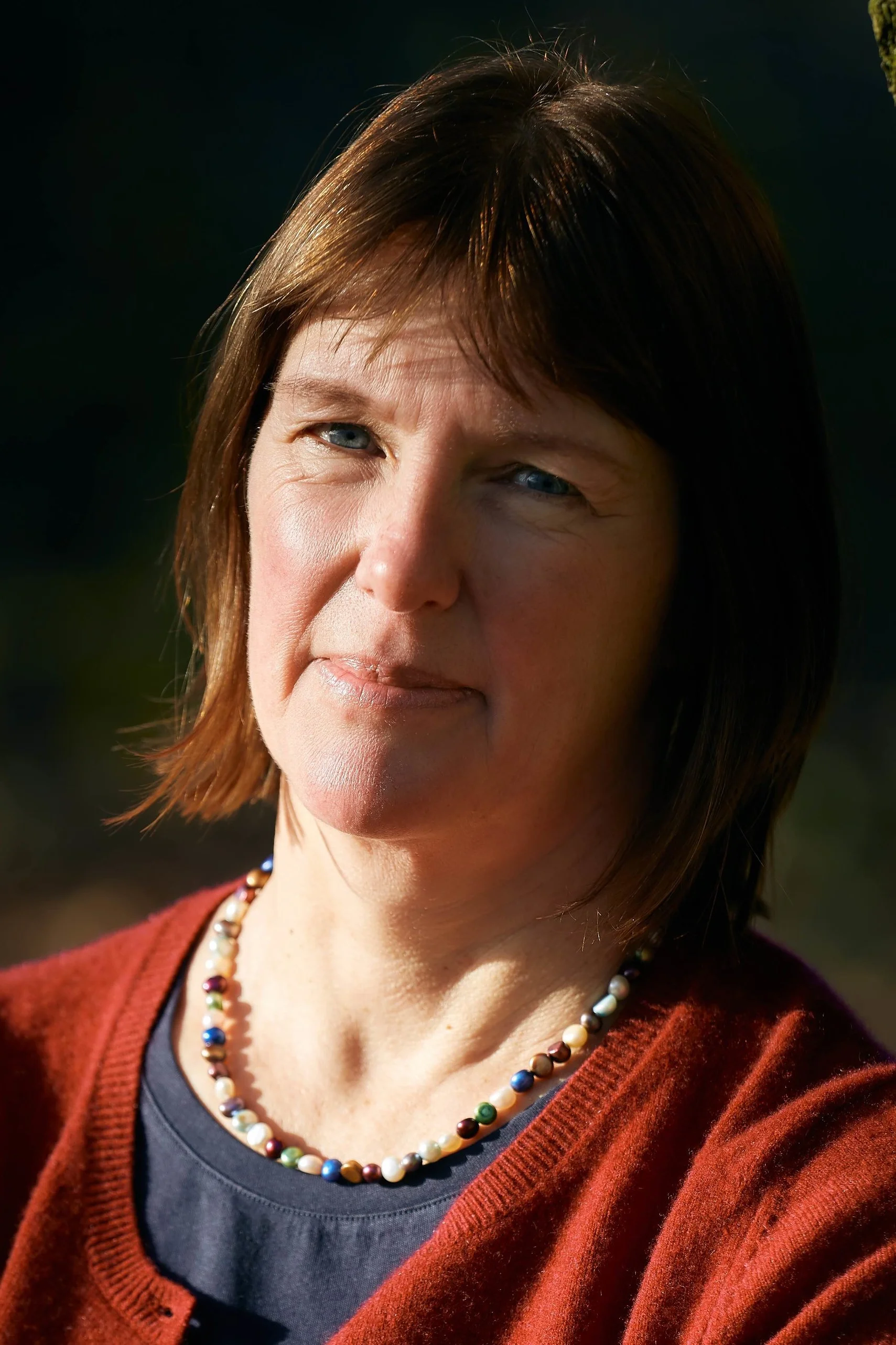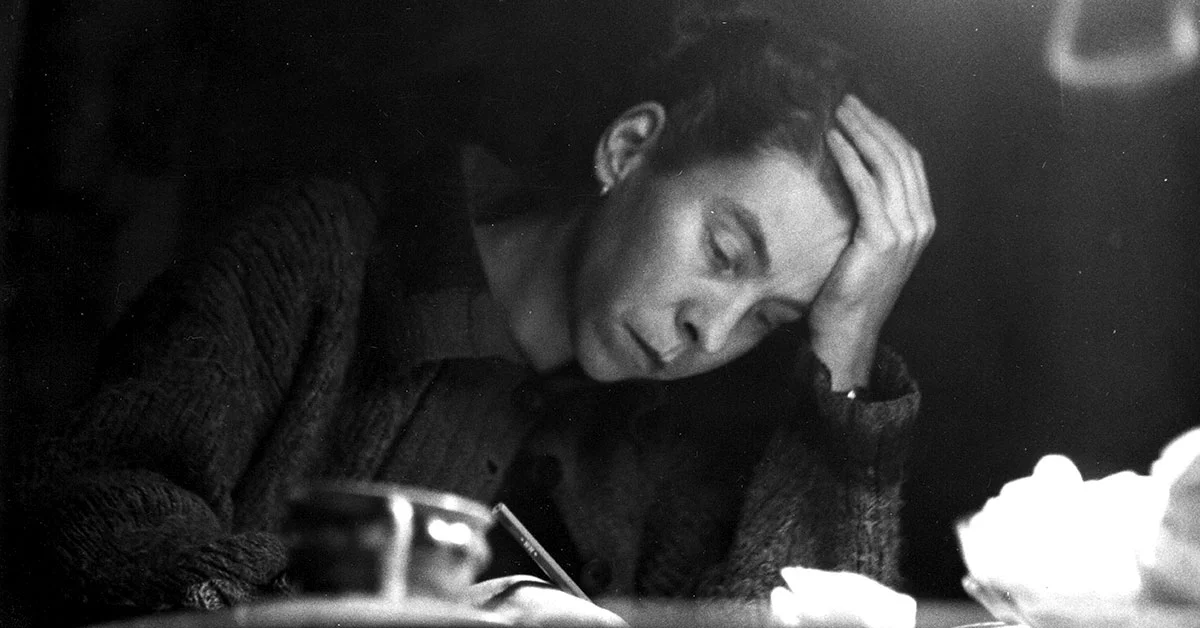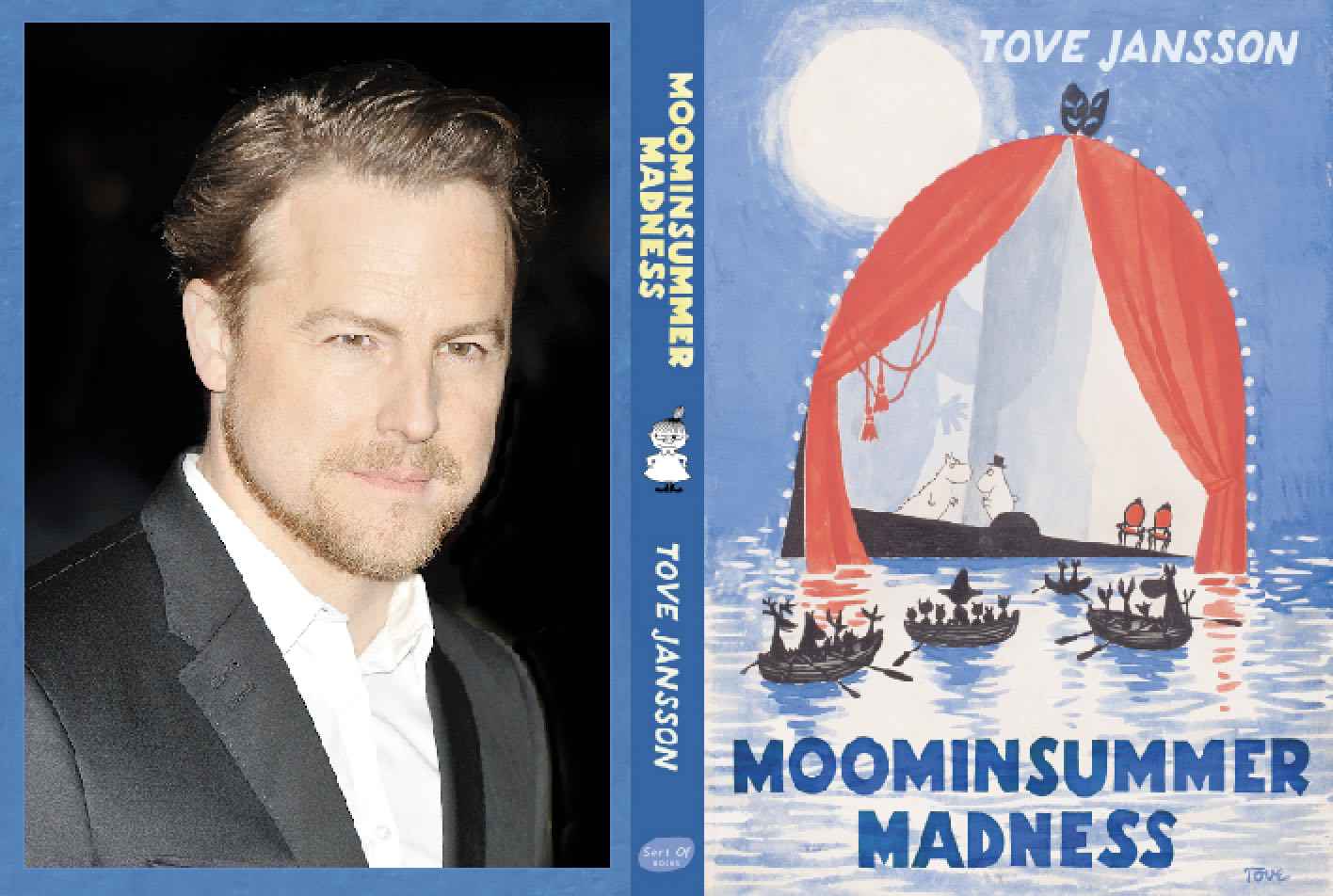What remains, what surfaces, is what preoccupies us as we, and the world, sense loss – of glaciers, habitations, ancient knowledge: Read Kathleen Jamie interviewed by The Tablet
/Surfacing
KATHLEEN JAMIE
(SORT OF BOOKS, 256 PP, £12.99)
Tablet bookshop price £11.69 • Tel 020 7799 4064
“It’s seven years since Sightlines, and seven years more since Findings, the collection which heralded a renaissance in landscape writing. Then, musing on Findings’ gestation, she said, “the draw for me is the sense of time, of the long past still being with us”. The public loved her simplicity, the mix of the domestic with the natural world. The collection defied classification: “We had a horror … of it turning up in the body, mind and spirit section”. Its runaway popularity, she thought, was because “it’s land and landscape described by an indigene. Not someone arriving as a tourist.”
Time moves on. Surfacing (oddly, the name of a rather good Margaret Atwood novel – I wonder if anyone noticed, because the themes are similar) – is about retrenching, ageing, surviving, rethinking things.
We meet the Yup’ik, from Quinhagak. They’re soft-spoken and shy – as are rather a lot of the folk Jamie meets. The permafrost is melting, yielding up ancient artefacts; enter the archaeologists. “For generations the frozen earth had held these objects fast, like charms in a Christmas cake.” That’s quintessential Jamie – using the known to explain the ancient. Also quintessential, the dry awareness that, as an essayist, an interloper, she’s an outsider.
“I said I was a writer … but it sounded lame … they’d had long long years of Europeans colonising and disparaging … then suddenly we were here supplicating, marvelling at their relationship with nature.”
“Just tell ’em we don’t live in igloos.”
“I will.”
So she tells us how they do live – they have a general store, they interrupt a tale about hairy Arctic monsters to answer their mobile phones, they take shop cake on fishing trips.
We meet folk in Orkney trying to document an eroding Neolithic site. “Everything that was chucked away at Skara Brae, or not recognised, we have here.” But the funding is imperilled. What to do? Make it a public, commercial site like the Ness of Brodgar? No, say the diggers ...
“We can’t look to the EU any more … if we were to raise money by opening the site … we’d need toilets … cruise ships.”
There are boxes and boxes of things which have surfaced, heading to Aberdeen. It’s the biggest Neolithic assemblage in the UK. Jamie holds mace heads, beads, pins, scrapers.
“Does this matter?” she asks. “Do we want to know where we’re coming from as we cruise into the future?”
This, it turns out, is the crucial question which makes Surfacing an unsettling read. She gets ill. Her marriage erodes. Her father dies. She searches for memories of her granny, she watches her children leave, she collects china fragments – “dropped by accident, thrown in a temper ... they fill your hands, these fragments … you cast them back”.
What remains, what surfaces, is what preoccupies us as we, and the world, sense loss – of glaciers, habitations, ancient knowledge – and powerlessness. That’s what makes Surfacing a new departure; it feels like Jamie is talking about endings.”
